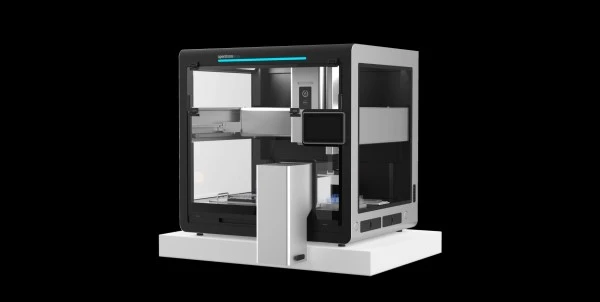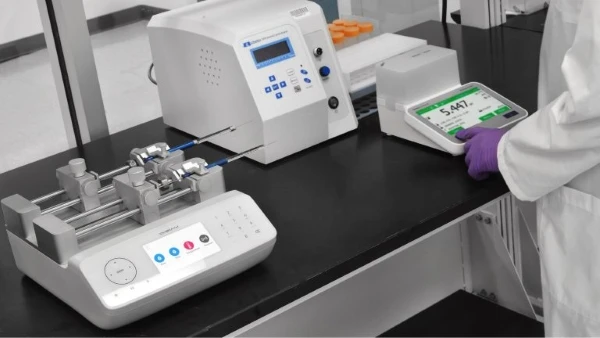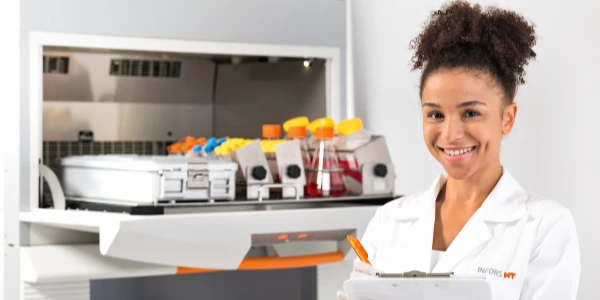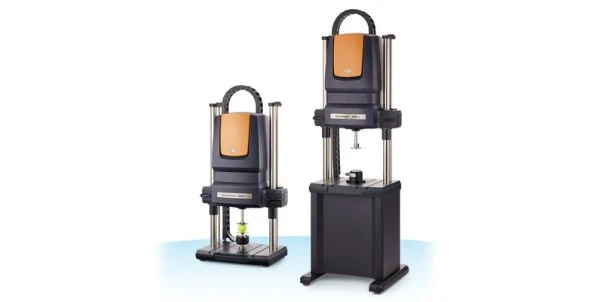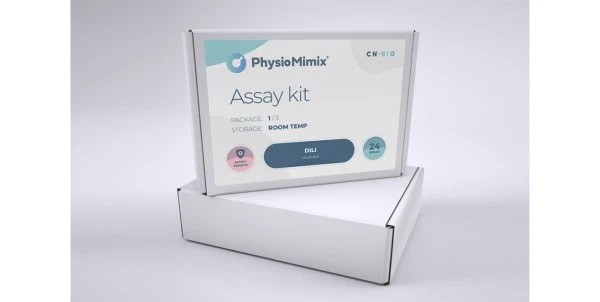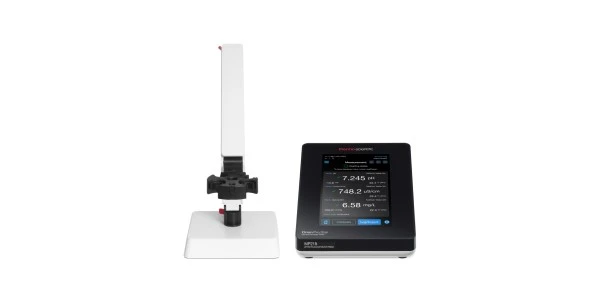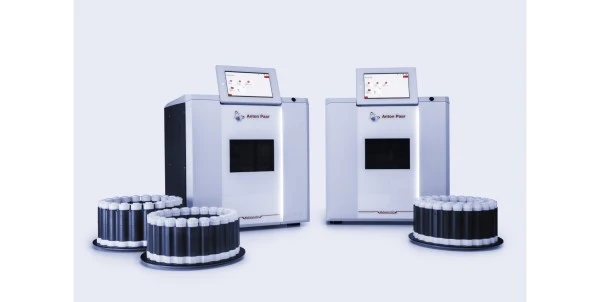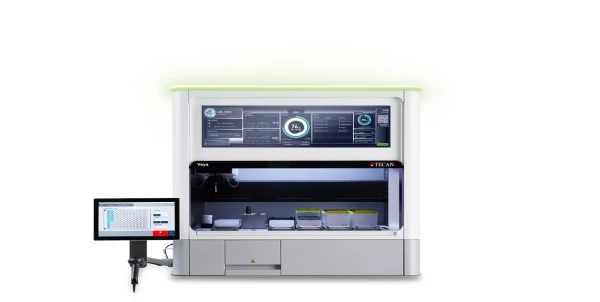
2024 SLAS Conference: Exploring New Products and Innovations at Every Turn
The Society of Lab Automation and Screening (SLAS) annual conference was held Feb 3rd through 7th in Boston, MA this year. This year's meeting certainly lived up to the conference theme – Innovation at Every Turn.
One of our favorite events at SLAS is the New Product Award (NPA) announcements. Exhibitor companies introduce their new products and technologies into the NPA contestant pool. A panel of judges then evaluates these based on market opportunity, impact of the product, originality of the product, and proof of concept, selecting up to 10 finalists. Three winners are announced onsite, and subsequently awarded a plaque, media coverage, and other accolades.
Here we take a quick snapshot of this year’s finalists within the realms of cell analysis and assay development.
- Winner of the SLAS NPA in 2015, the Blue®Washer platform uses centrifugation to remove liquids from 96-, 384-, and 1536-well microplates. The controlled and highly precise system functions to eliminate background and minimize variations in downstream screening results.
- The latest addition to the platform – BluePlate – is designed for cell preparation and uses low g, gentle centrifugation to deposit cells in Cell®Safe reservoirs at the bottom of each plate. Liquid is removed automatically throughout the centrifugation cycle. The BlueWasher dispenser then efficiently resuspends cells for subsequent processing and analysis.
This new BluePlate product combined with the BlueWasher system may have a unique impact on cell screening preparation and processing efficiency. One can envision applications in areas including cell therapy development, small molecule screening, stem cell production, and an array of others.
Watch a video on the technology
CytoTronics 900 Pixel – Cytotronics aims to change the world of high-throughout and high-content cell analysis through novel, semiconductor-enabled technology.
- The high-throughput biology in-vitro cell analysis platform - spun out from Harvard University – uses proprietary semiconductor microelectrode arrays embedded directly into microtiter plates. The configuration enables the capture of real-time data – both images and traces – of live cells.
- The capture of cell function, cell membrane impendence, electrochemical, and electrophysiological data are all possible. Single cell resolution image maps reveal structural and functional cell data that changes over time. The system is scalable and compatible with high-throughput screening workflows as well.
MiniQES technology from Probius – By measuring minute molecular vibrations by way of quantum electrochemical spectroscopy (QES), this technology can provide insights on a range of molecular and functional attributes of samples.
- Using only microliter amounts of sample, molecular signatures or fingerprints of proteins, metabolites, and small molecules can be collected. Larger complexes including viruses and viral vectors can also be analyzed.
- The signatures can be assessed before and after assay treatment to identify subtle changes due to exposure to modifiers.
- The simple, yet powerful platform can also add precision to bioanalysis assays by monitoring many of the variables associated with sample preparation, handling, and results measurement.
One can envision its use in biotherapeutic protein or nucleic acid stability and quality control during assay development and screening, among other applications.
Watch a video on the technology
Announced during a ceremony at the conference, the three New Product Award winners this year included two of our predictions -- BluePlate from Bluecat and Pixel from Cytotronics.
The third winner - Lumina from Liquimetrix - is a novel solution for volume verification in microtiter plates and microarrays.
- Designed for 384- and 1536-well plates, the instrument delivers sub-microliter accuracy for better accuracy and sensitivity in high-throughput screening applications.
- The technology uses contact-free, dye-free optical measurement with results in less than a minute per well.
- This solution is meant to reduce screening errors and delays in processing, facilitating faster, more cost effective drug discovery.
This year’s new product announcements went well beyond the aforementioned products to include AI-inspired liquid handling robots, automated microscopy, lab instrument connectivity and data management platforms, and many more interesting launches. We’ve enjoyed learning about these and many more exciting developments debuting at this year’s event.
